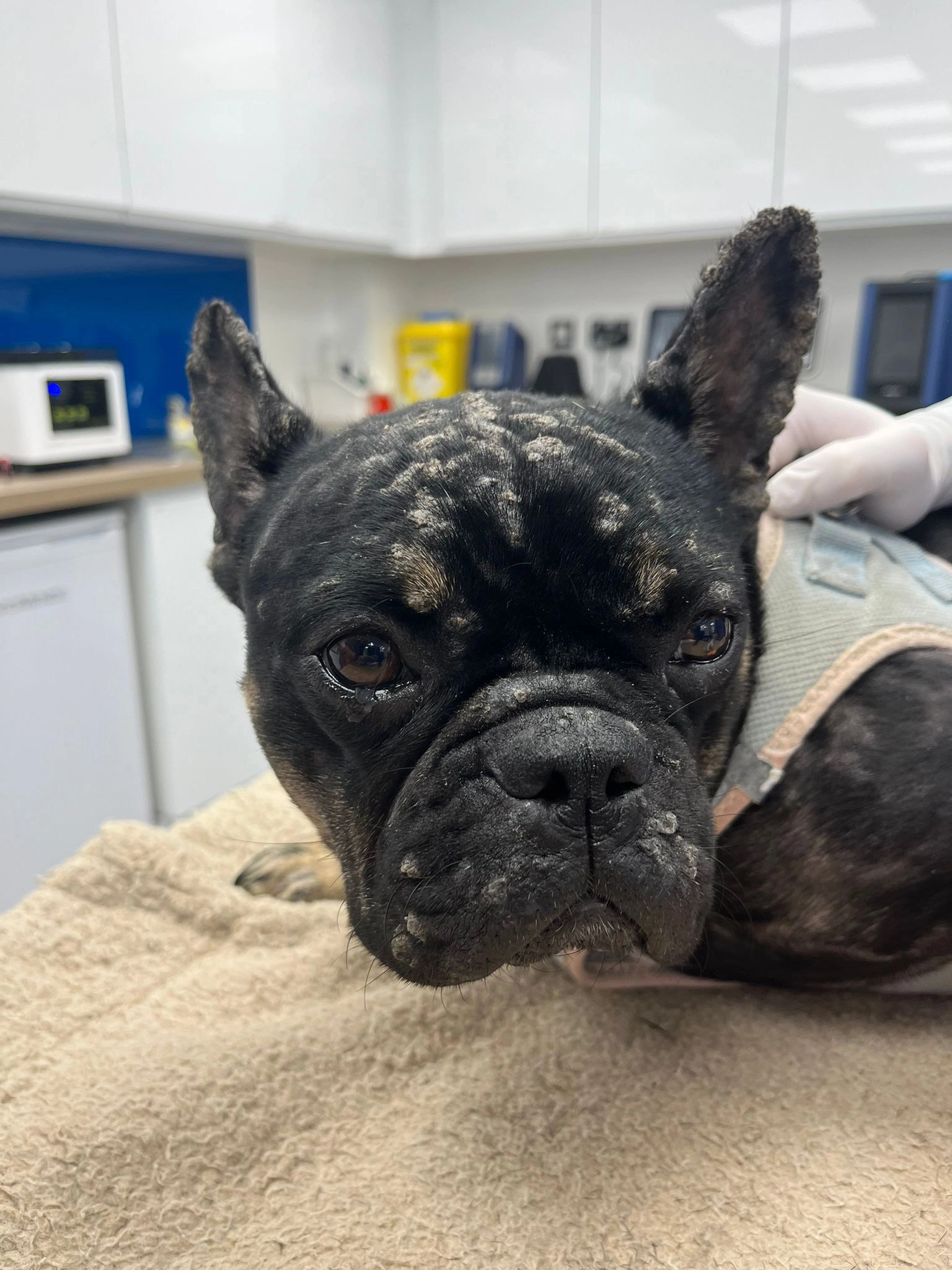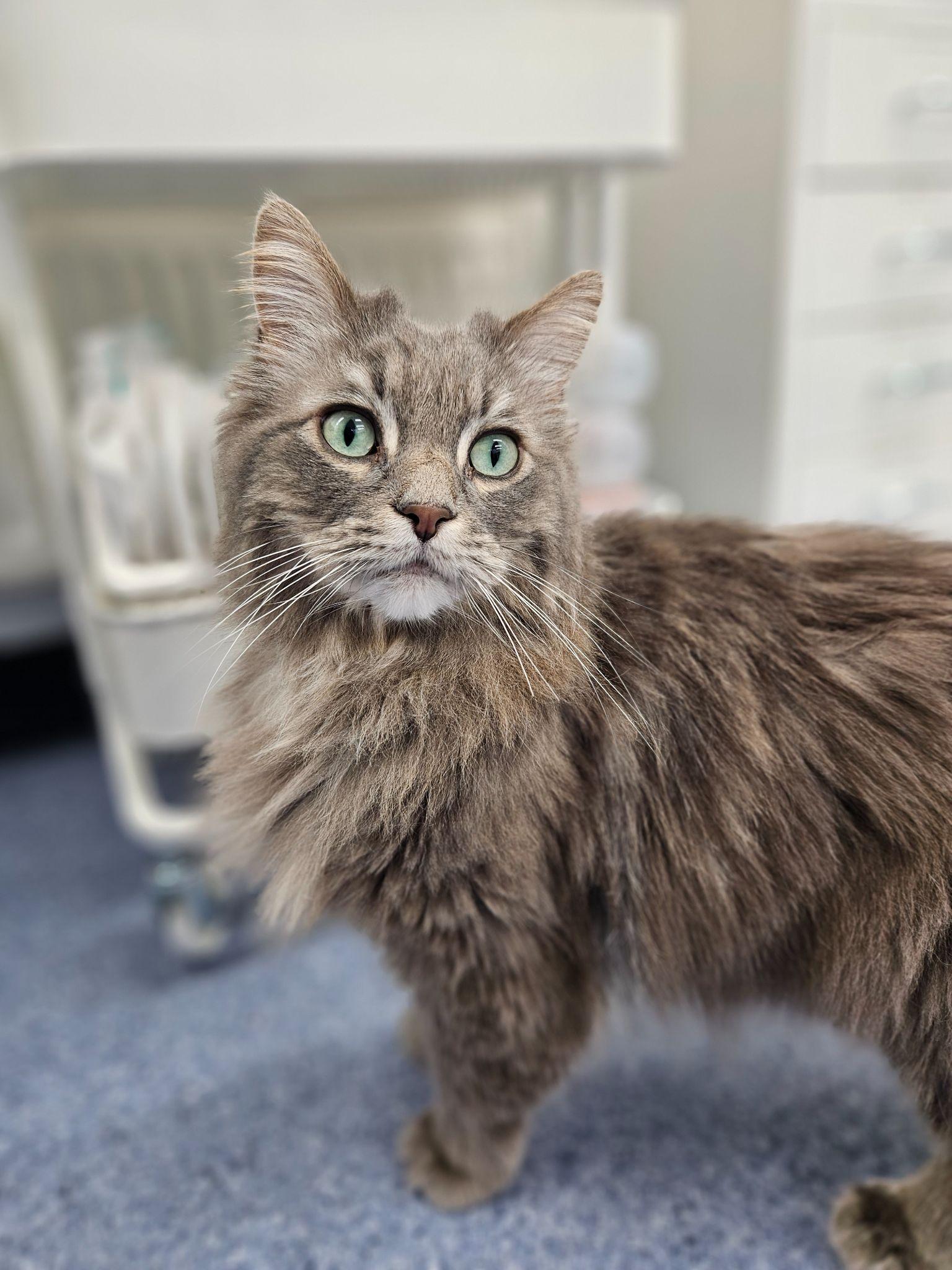Can cats stay out in cold weather? Are dogs well adapted for winter months? These are some common questions that lurk in the mind of every pet owner!
Winters, especially the months from December to February are extremely chilly, not just for you but for your adorable pets as well. Winters can have a harsh effect on your pets, more so on senior pets suffering from arthritis. Arthritis in dogs and arthritis in cats can get worsened during the winter months; therefore it is your responsibility as a pet parent to take care of your pet’s health in the colder months more precisely. Here are some simple tips that will ensure the best possible care for your pets this winter:
Make sure your pets stay indoors as much as possible
All pets, be it cats or dogs do feel cold just like humans, thereby, it is best if you avoid letting them be out in the cold winter months for long. The more your pets are exposed to the chilly breeze outside, the more they will be prone to catch cold and fall sick. So, you must make it a point to keep an eye on your pets during the winter months and let them stay indoors as much as possible.

Don’t let your pet sleep on the floor
During winters, the floor in your home gets extremely cold and not at all suitable for your pets to sleep. Sleeping on a cold floor all throughout the night will increase the chances of your pet getting sick during the winter months. Sleeping on a cold floor during winters will also worsen the condition of your senior pet, especially if it has been showing symptoms of arthritis. Therefore, during winters, you must make a point to arrange warm bedding for your pet dog or cat, so that your pet can stay cozy all day and all night long, irrespective of how cold it is getting outside. It is highly recommended that you place your pet’s bedding at the same spot where your pet is used to sleep every day, as this will make easier for your pet to get used to its new sleeping arrangement.
Change your pet’s drinking water before it gets too cold
Much like humans, dogs and cats too feel less thirsty during the colder months. To add to it, the water in your pet’s drinking bowl quickly turns icy cold that again discourages your pet from drinking it even when it is thirsty. Hence, you must make it a point to change your pet’s drinking water from time to time, so that your pet stays hydrated even in the cold winter months.

Consult your vet
Last, but not least, it is extremely important for you to consult your vet during the winter months and get your pet checked on a routine basis. Consulting your vet during winter is even more important if you have a senior pet with arthritis. There is hardly any doubt about the fact that dogs with arthritis are quite likely to have a difficult time during the colder months. So, consulting your Village Vets during winters will help you follow the right pet health plan and exercises that are important for your pet’s improved condition. A consultation with your Village vet will also help you find out about any health supplements or medicines that will work best to heal and treat your pet’s arthritis and joint pain.
Other than the above mentioned precautions, you must also check your pets to find any signs of chapped paws or flay skin, as the dry and chilly winter air is also quite likely to impact your pet in the form of these side effects. If there are any such signs on your pet’s paws, you can use a petroleum jelly or make your pet wear booties for maximum protection from cold and external elements that are likely to hurt your pet during winters. Most importantly, make sure that your pet’s weight is in control during the winter months, as the more your pet will weigh, the more stress it will have to bear on its joints, eventually leading to increased joint pain.




